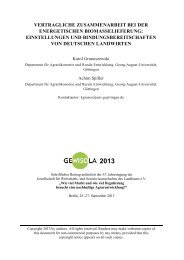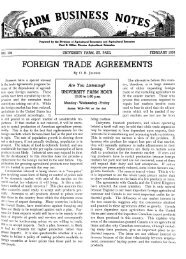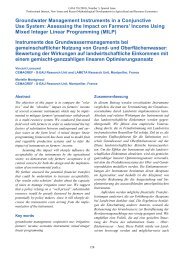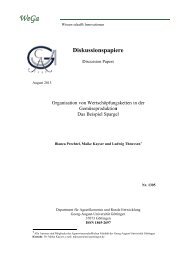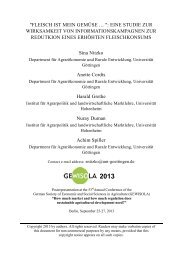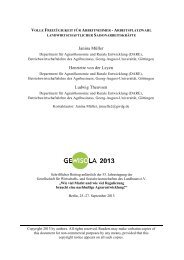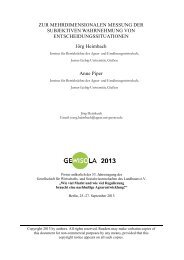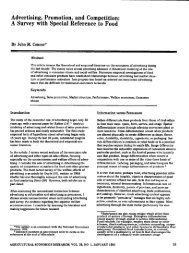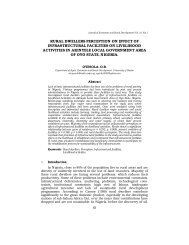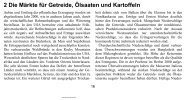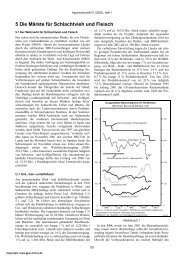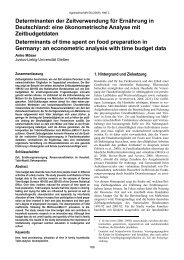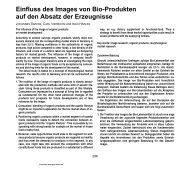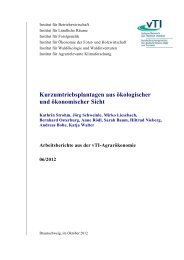District Institutes of Education and Training - Teacher Education
District Institutes of Education and Training - Teacher Education
District Institutes of Education and Training - Teacher Education
You also want an ePaper? Increase the reach of your titles
YUMPU automatically turns print PDFs into web optimized ePapers that Google loves.
<strong>District</strong> <strong>Institutes</strong> <strong>of</strong> <strong>Education</strong> <strong>and</strong> <strong>Training</strong>: A Comparative Study in Three Indian States<br />
8.5 Limitations <strong>of</strong> current approaches<br />
This project provided further evidence (see also chapter two) that early years<br />
literacy teaching largely comprises technical decoding aspects, <strong>and</strong> that literacy<br />
teaching is not embedded in language work. <strong>Teacher</strong>s know that speaking <strong>and</strong><br />
listening are two <strong>of</strong> the four skills associated with language, but believe that<br />
speaking <strong>and</strong> listening goes on at home, while homes do not give any opportunity<br />
to work on reading <strong>and</strong> writing. Their classroom efforts are thus directed at<br />
reading <strong>and</strong> writing, but in such a way that it is largely devoid <strong>of</strong> meaning for<br />
children.<br />
None <strong>of</strong> these teachers modelled reading with children by reading story books<br />
aloud to them. <strong>Teacher</strong>s did not encourage children to tell them stories which<br />
could be written up on the blackboard to involve children in the creation <strong>of</strong> text –<br />
or innovate language games. These ideas were suggested during workshops since<br />
all <strong>of</strong> them are feasible even if children cannot move around.<br />
What is missing from the diaries <strong>and</strong> was also missing in workshop discussions<br />
was any linkage between these decoding skills <strong>and</strong> comprehension. The extent to<br />
which children comprehended anything they read or wrote was not evaluated by<br />
teachers.<br />
The discussion <strong>of</strong> what is easy <strong>and</strong> difficult for children is an indication <strong>of</strong> what<br />
teachers know how to teach effectively <strong>and</strong> the limitations <strong>of</strong> the methods they<br />
adopt. It also raises questions as to the expectations <strong>of</strong> children in respect <strong>of</strong><br />
literacy in their very first year at school, <strong>and</strong> the appropriateness <strong>of</strong> the curriculum<br />
load. Many <strong>of</strong> those expectations however stem from the teachers who, as the<br />
diaries indicated expect children to know all the letters <strong>of</strong> the alphabet within a<br />
very short time after arriving at school – even if they have not been (<strong>and</strong> most <strong>of</strong><br />
these children do not go) to pre-school.<br />
Another issue that emerged clearly was that teachers did not know what to do with<br />
children who did not learn well by the methods they used. This group required<br />
support <strong>and</strong> pr<strong>of</strong>essional development in coping with the different speeds at which<br />
children learn. The ‘intelligent’ children also did not have their underst<strong>and</strong>ings or<br />
skills extended, since the role for them once they had learned was to help the<br />
teacher get others to learn.<br />
Overall, it was evident from these workshops that while a variety <strong>of</strong> approaches to<br />
literacy teaching were identified, it was mostly programmatic <strong>and</strong> bound by the<br />
‘steps’ in the textbook. Pressures <strong>of</strong> time <strong>and</strong> limited teaching strategies precluded<br />
166 DFID



